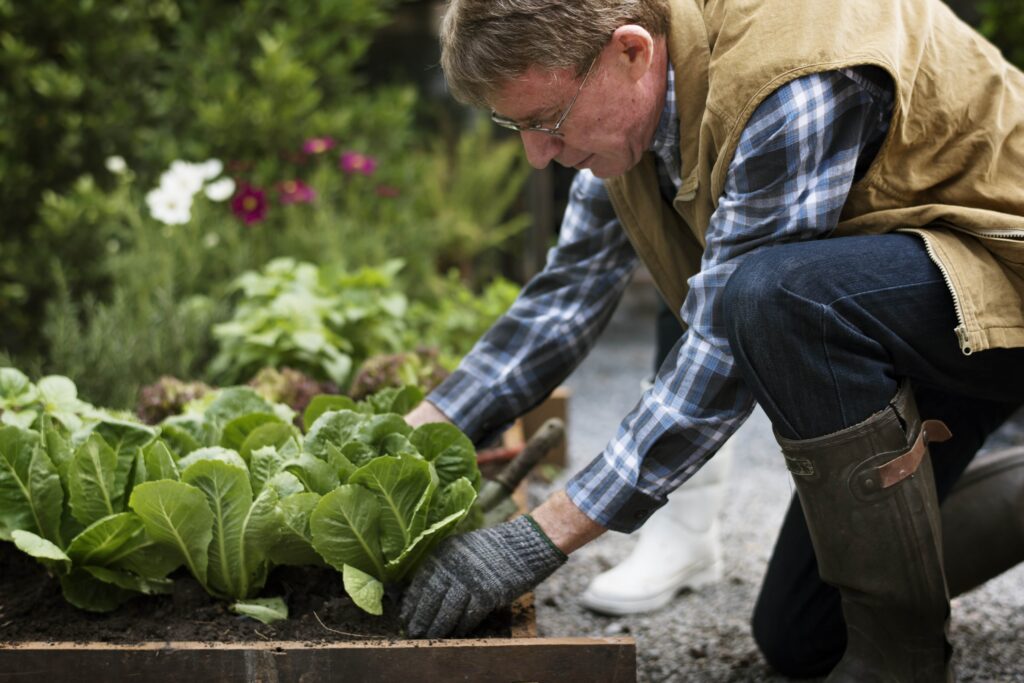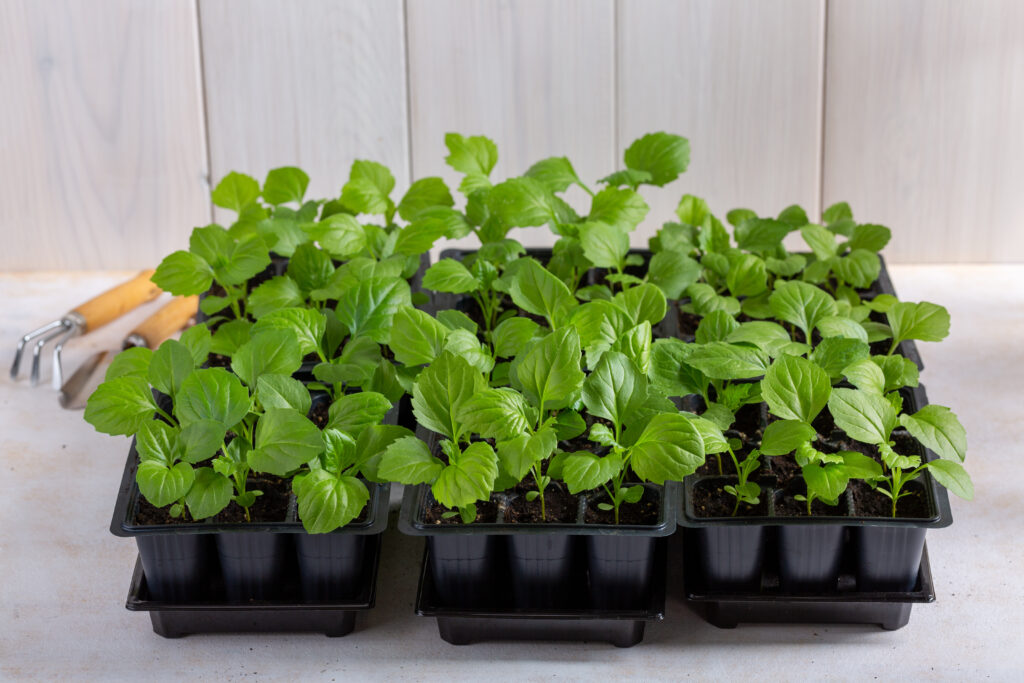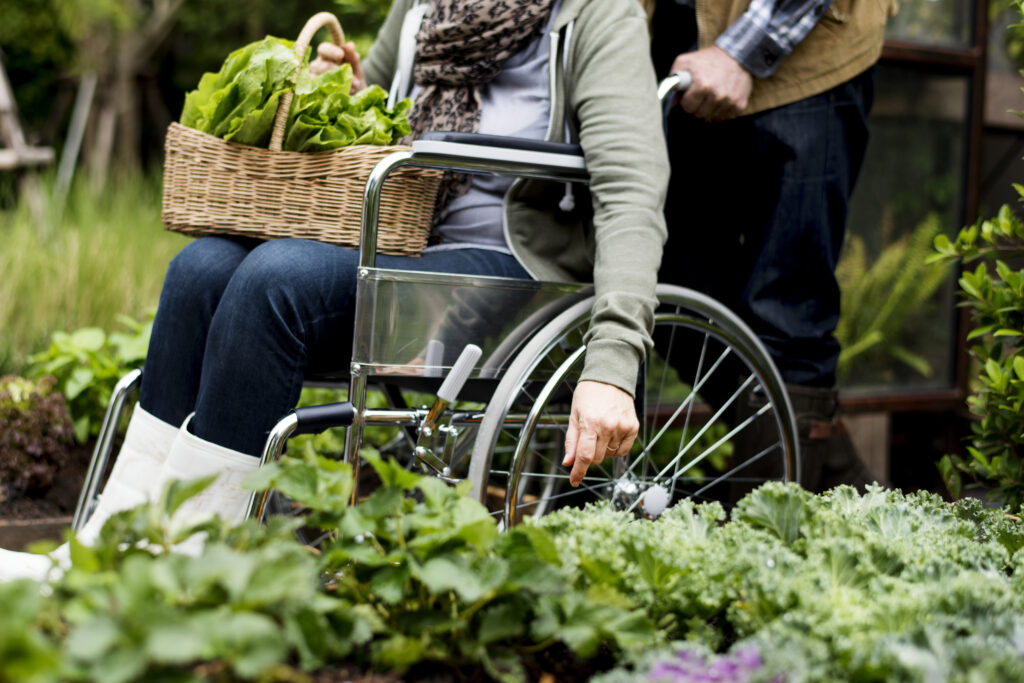Meeting Community Needs: Master Gardener Volunteers In Action
go.ncsu.edu/readext?785866
en Español / em Português
El inglés es el idioma de control de esta página. En la medida en que haya algún conflicto entre la traducción al inglés y la traducción, el inglés prevalece.
Al hacer clic en el enlace de traducción se activa un servicio de traducción gratuito para convertir la página al español. Al igual que con cualquier traducción por Internet, la conversión no es sensible al contexto y puede que no traduzca el texto en su significado original. NC State Extension no garantiza la exactitud del texto traducido. Por favor, tenga en cuenta que algunas aplicaciones y/o servicios pueden no funcionar como se espera cuando se traducen.
Português
Inglês é o idioma de controle desta página. Na medida que haja algum conflito entre o texto original em Inglês e a tradução, o Inglês prevalece.
Ao clicar no link de tradução, um serviço gratuito de tradução será ativado para converter a página para o Português. Como em qualquer tradução pela internet, a conversão não é sensivel ao contexto e pode não ocorrer a tradução para o significado orginal. O serviço de Extensão da Carolina do Norte (NC State Extension) não garante a exatidão do texto traduzido. Por favor, observe que algumas funções ou serviços podem não funcionar como esperado após a tradução.
English
English is the controlling language of this page. To the extent there is any conflict between the English text and the translation, English controls.
Clicking on the translation link activates a free translation service to convert the page to Spanish. As with any Internet translation, the conversion is not context-sensitive and may not translate the text to its original meaning. NC State Extension does not guarantee the accuracy of the translated text. Please note that some applications and/or services may not function as expected when translated.
Collapse ▲ The pandemic increased food insecurity and disrupted traditional food distribution systems. Reduced access to fresh produce left many in need and others eager to learn how to grow their own fruits and vegetables. In response to these community needs, Extension Master Gardener℠ volunteers cultivated community gardens, fostered therapeutic partnerships, and worked with local Extension agents to teach new gardeners how to grow food at home.
The pandemic increased food insecurity and disrupted traditional food distribution systems. Reduced access to fresh produce left many in need and others eager to learn how to grow their own fruits and vegetables. In response to these community needs, Extension Master Gardener℠ volunteers cultivated community gardens, fostered therapeutic partnerships, and worked with local Extension agents to teach new gardeners how to grow food at home.
Here are just a few examples of Master Gardener℠ volunteers in action meeting community needs across our state:
4800 Pounds of Produce Feeds Families
By reaching out to the Clayton Area Ministries early in the growing season, Master Gardener volunteers in Johnston County were able to adapt the crops grown in the Clayton Community Garden to best meet the needs of hungry families. Shifting the use of growing beds from less popular crops to those more in demand helped them donate over 4800 pounds of food to area ministries.
Planting Virus Victory Gardens
When the annual plant sale was canceled due to gathering restrictions, Master Gardener volunteers in Pender County found a way to distribute the hundreds of seedlings they had grown. They used neighborhood association websites to advertise plant giveaways and encourage their neighbors to plant “Virus Victory Gardens”. Modeling social responsibility, plants were set up in volunteers’ driveways, enabling neighbors to pick them up with no contact.

Supporting Therapeutic Partnerships
The good work of the therapeutic horticulture program led by Extension Master Gardener volunteers in Wake County has been able to continue through the pandemic thanks to adapted delivery methods and partner organizations.
At Healing Transitions, an addiction recovery program in Raleigh, Master Gardener volunteers provided remote coaching to the volunteer that manages the vegetable garden. As a result, the garden flourished in 2020, providing fresh vegetables for residents and immeasurable mental health benefits for those whose rooms look out on the garden.
Master Gardener volunteers also continued to support the Triangle Aphasia Project (TAP) garden group, helping them provide seedlings to the Holly Springs Food Cupboard garden. Delivering programs via Zoom enabled participants to remain connected and drew two new members.
Behind the scenes, Master Gardener volunteers transcribed lectures from the Introduction to Therapeutic Horticulture course (co-taught by NC State and the NC Botanic Garden). Their careful work ensured course compliance with the Americans with Disabilities Act.

Additional stories of Master Gardener volunteers in action are featured in the NC State Extension Master Gardener℠ program 2020 annual report.
The Extension Master Gardener program operates in 84 of N.C. Cooperative Extension’s 101 local centers. Master Gardener volunteers support the mission of N.C. Cooperative Extension by connecting people to horticulture through science-based education and outreach.
Learn about becoming a Master Gardener volunteer or connect with volunteers in your community by contacting your local N.C. Cooperative Extension Center.
Support the work of Master Gardener volunteers across North Carolina by making a tax-deductible donation to the NC Extension Master Gardener endowment.


